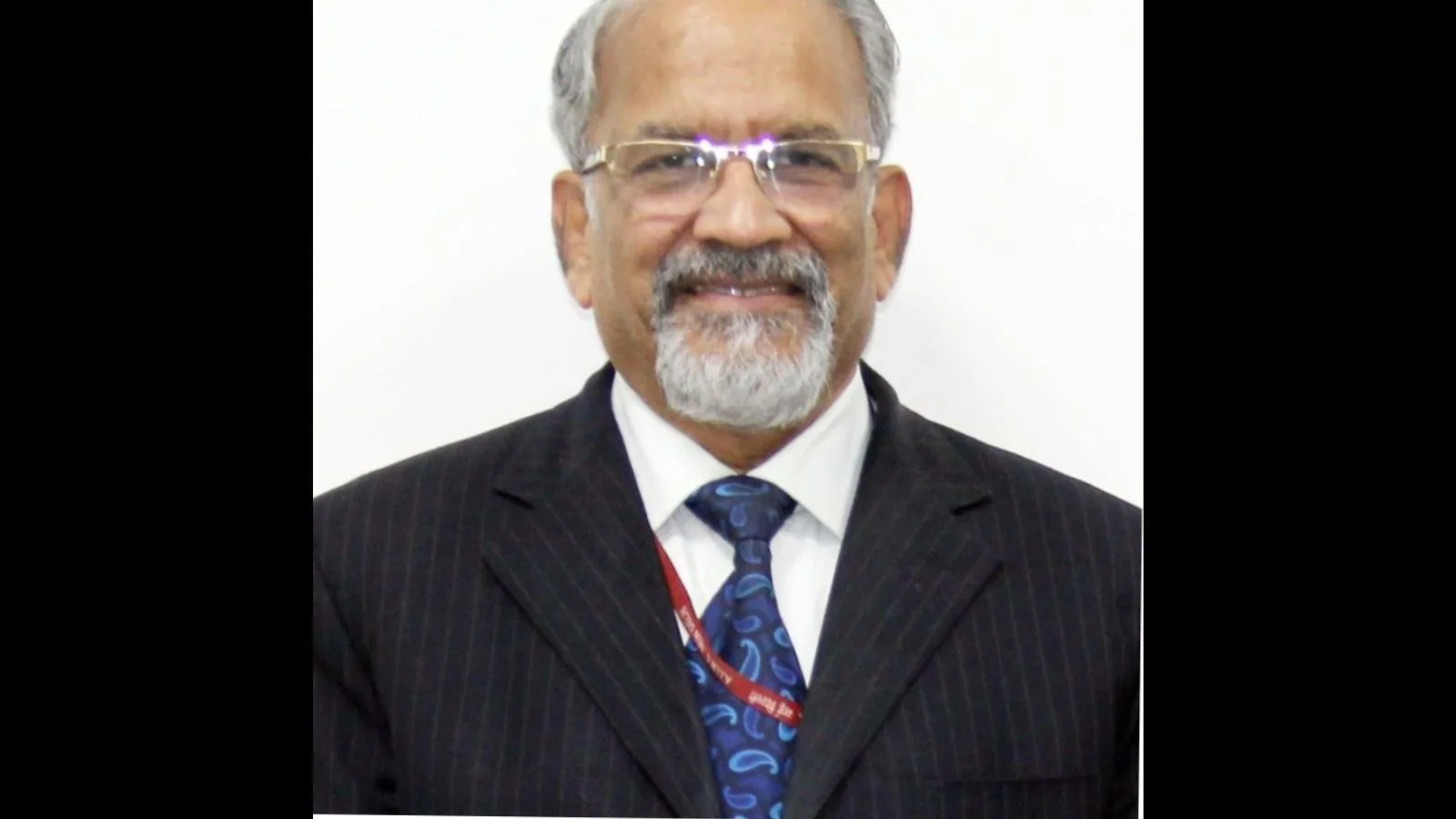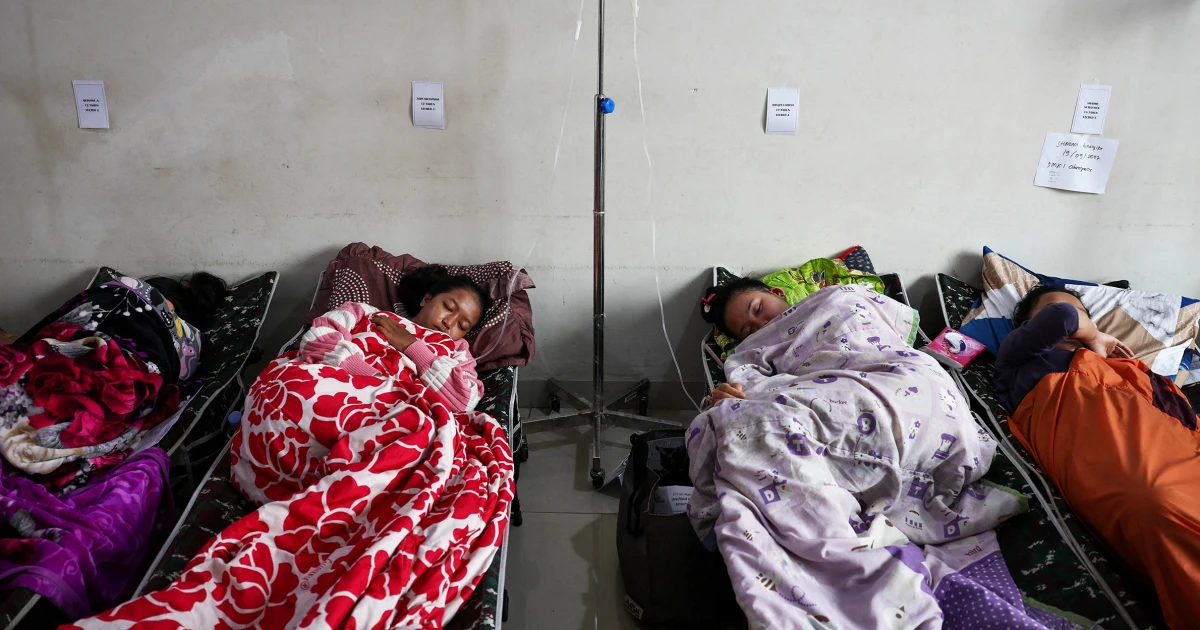
In July, the Department of Health and Human Services announced that millions of Americans were potentially enrolled in multiple Medicaid or Affordable Care Act exchange health plans. Detecting and deterring such waste is essential, but HHS cannot be the only cop on the beat — especially when health secretary Robert F. Kennedy Jr. has made “radical transparency” the cornerstone of his reform agenda.
Detecting and deterring waste, fraud, and abuse is often not prioritized at HHS, particularly when doing so undermines other priorities (like broadening access to coverage). That is why the government annually trumpets the imposition of record-breaking fines on fraudsters — only to have that “record” exceeded the following year.
Advertisement
To structurally reduce waste, fraud, and abuse, we need more eyes on the problem. HHS should make de-identified data on these publicly funded programs widely available, allowing researchers, analysts, journalists, and concerned citizens to identify problems and explore solutions. Harnessing the collective and dynamic efforts of interested parties will do a better job at identifying and deterring misconduct than any public agency, regardless of its size, staffing, or enthusiasm.
The first step is to scrap the plan, announced last year by the Biden administration, to significantly limit existing access to Medicare and Medicaid claims and utilization data. This data has been used in numerous studies to identify problems in these programs. By erecting barriers to data access, the proposed change will discourage research by independent experts and expand federal control over who can do such research. The proposal has already triggered public and political pushback, prompting HHS to delay implementation until 2026.
Similarly, de-identified claims data for ACA plans should be made publicly available. With today’s technological advances, HHS can and should minimize barriers to information about public spending on these programs, which, after all, are funded by taxpayers.
Advertisement
What about the risks to privacy? We aren’t particularly concerned here. Scammers have historically focused on information that could be exploited for identity or financial fraud, rather than clinical data. Furthermore, state-of-the art de-identification technologies can minimize privacy risks. HHS could also treat claims data as it does the National Practitioner Data Bank, requiring researchers to sign an agreement not to attempt re-identification and to face penalties if they are caught doing so.
Broad public access will help expose problems and strengthen accountability, driving continuous improvement. Further, more transparency around health care spending creates a political constituency in favor of transparency — meaning future administrations will find it harder to undo.
In fairness, transparency-enabled accountability alone won’t fix the worsening affordability problems that beset U.S. health care. The best thing HHS can do to make care more affordable is to level the playing field and lower entry barriers, so that everyone can compete fairly and the best can win. There is no shortage of interesting ideas worth discussing, including removing barriers to generic entry and over-the-counter designation; site-neutral payments; relaxed restrictions on telehealth, licensing, accreditation, physician-owned hospitals, scope of practice, quality measurement, and electronic medical records; and incentivizing states to repeal or relax Certificate of Need laws.
HHS should also allow flexible payment models to compete, including individual coverage health reimbursement arrangements, association health plans and short-term limited-duration insurance, health savings accounts, direct primary care, and models that arise organically from the collective wisdom of the market. Once top-down regulations retreat, bottom-up innovation and competition will bring true affordability and access to Americans, disproportionately benefiting low-income and rural areas.
Making health care accountable and affordable through crowdsourcing should be HHS’s top priority and the central vision of the Make America Healthy Again movement. Make data public, lift regulatory restraints, and then step back and let all market participants compete. Bottom-up efforts will deliver wonders.
Advertisement
Ge Bai is a professor of accounting and health policy at Johns Hopkins University. David A. Hyman is the Scott K. Ginsburg professor of health law and policy at Georgetown University.



